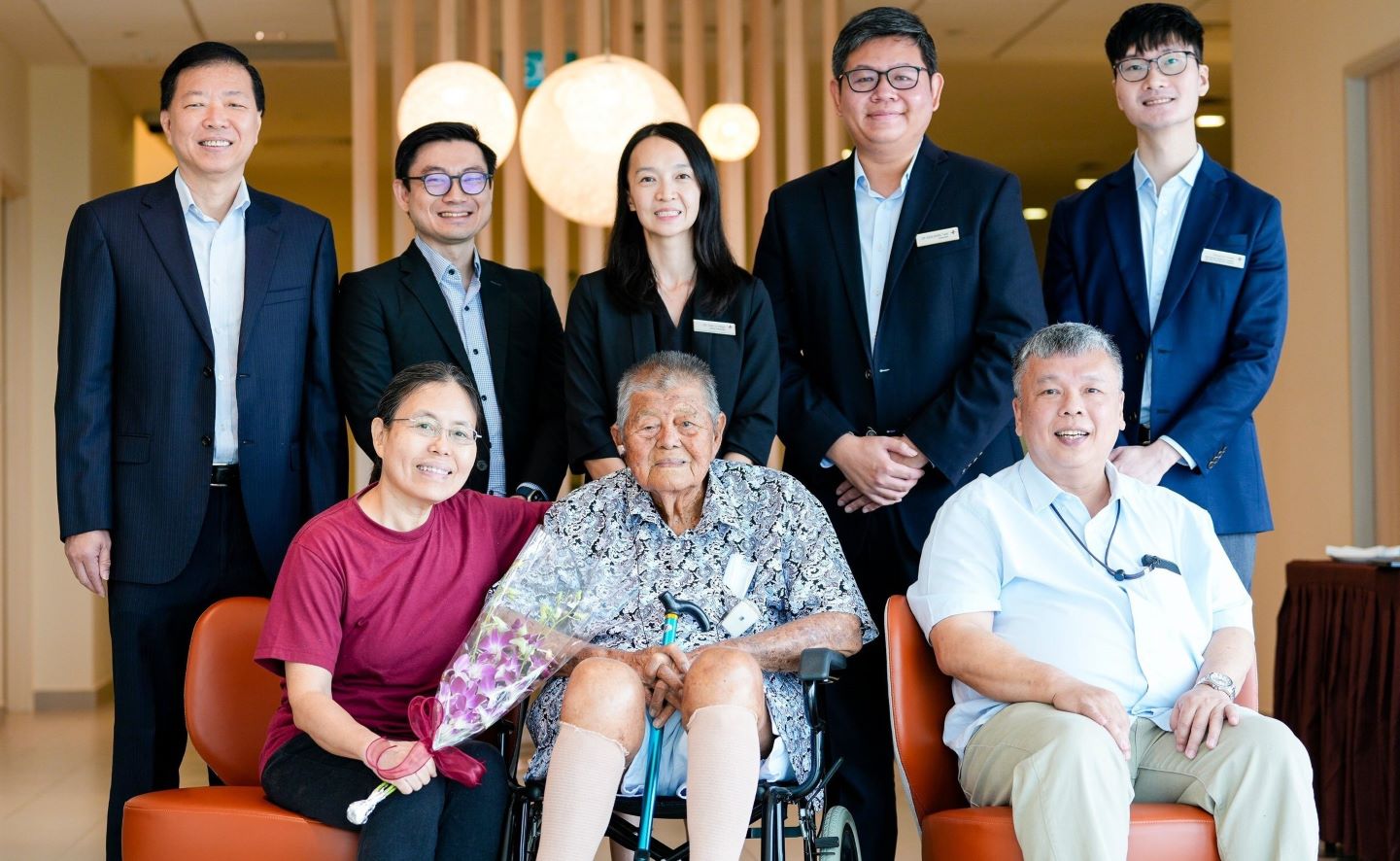
Dementia remains a hidden epidemic in Singapore, with slightly more than half of all cases going undiagnosed. According to the Well-being of the Singapore Elderly (WiSE) 2023 study, 51.5 per cent of dementia cases remain undetected. This is a troubling figure given that an estimated 45 per cent of dementia cases are preventable through early lifestyle interventions.
In an effort to close this gap, a multidisciplinary research team from the National University Health System (NUHS) has been awarded SG$2.33million, which is supported by the Singapore Ministry of Health through the National Medical Research Council (NMRC) Office, MOH Holdings Pte Ltd under the NMRC Healthy and Meaningful Longevity - Cognition Grant Call.
The team's project, titled "Innovative Methods for Proactive Risk Optimization and adVancEment in Cognitive Health (IMPROVE-COG)" brings together the power of artificial intelligence, community partnerships, and global expertise to shift the paradigm from late-stage diagnosis to lifelong brain care.
The research team, including the Health Services Research & Analytics team at Ng Teng Fong General Hospital, will develop an artificial intelligence (AI)-powered large language model (LLM) trained on anonymised real-world data from NUHS's DISCOVERY AI platform. The screening and surveillance tool will analyse diverse clinical documentation to identify individuals at risk of mild cognitive impairment (MCI) and dementia, offering a scalable and cost-effective solution for risk stratification and population health surveillance.
Following the development of the LLM, the research team will work with Co-Investigator Professor Teo Hock Hai and his team from the NUS School of Computing to leverage Geographic Information System mapping and spatial analysis to explore the relationship between environmental (e.g., exposure to green spaces) and social factors and cognitive impairment and thereby guiding more effective and equitable healthcare interventions.
In Singapore, the tool will be localised and designed to incorporate community inputs to ensure cultural relevance and alignment with the population's needs. Individuals will be able to engage with it regardless of age, prior diagnoses or digital literacy.




